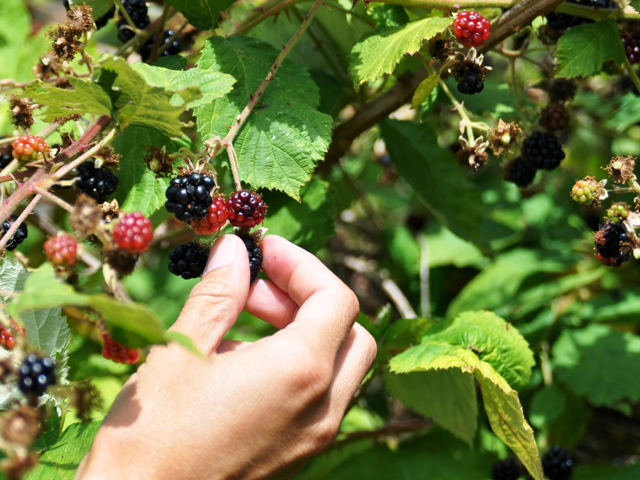Testing whether a plant is edible

Testing whether a plant is edible is a critical skill, but it should be approached with caution. Misidentification of plants can lead to serious health issues or even be fatal. If you’re not absolutely certain about the edibility of a plant, do not consume it. It’s important to note that the information provided here is general guidance and should not replace thorough research or consultation with an expert in foraging or botany.
Here are some general guidelines for testing the edibility of a plant:
- Positive Identification:
- Use reliable field guides, plant identification apps, or consult with experts to positively identify the plant.
- Pay attention to the plant’s overall appearance, leaves, flowers, and any distinctive features.
- Edibility Resources:
- Refer to reputable sources on edible plants in your region, such as local foraging guides, ethnobotanical studies, or websites provided by knowledgeable organizations.
- Plant Parts:
- Some plants may have edible parts while other parts are toxic. Ensure you know which parts are safe to consume.
- Look for Warning Signs:
- Avoid plants with a bitter or soapy taste, a strong odor, or those that cause irritation when touched.
- Plants with milky sap or brightly colored berries may be toxic.
- Allergies:
- Be aware of any allergies you may have to plants or related species.
- Universal Edibility Test:
- This is a last resort and is not foolproof. It involves testing a small part of the plant and waiting 8 hours to see if there is any adverse reaction before consuming more. The process is complex and may not be suitable for all plants.
- Local Knowledge:
- If you are in a new area, consult with local experts, indigenous communities, or experienced foragers who may have traditional knowledge about edible plants.
- Seasonal Considerations:
- The edibility of some plants may change with the seasons. For example, some plants may be safe to eat in the spring but become toxic in the summer.
Remember, the safest approach is to learn from experienced foragers or botanists in your area before attempting to forage on your own. Never consume a plant unless you are absolutely sure of its identity and edibility. If in doubt, it’s better to err on the side of caution and not consume the plant.
At Meramec Campground we share this information for learning purposes. Please do not eat plants that you are not familiar with. Please be cautious and safe when handling unfamiliar plants.
Family owned and operated, Kiefer Campgrounds strive to offer you the best rates for a comfortable location with outstanding service, and spotless facilities. When you stay in one of our parks, you are no longer just a happy camper, but a part of our family! We are most certain you will enjoy your stay with us. Pick your favorite location and book your spot now before it’s too late! You’ll be happy you did!



